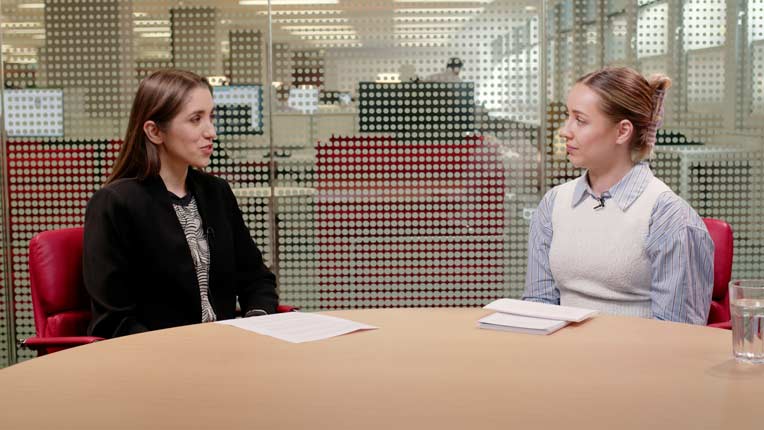Morningstar's "Perspectives" series features investment insights from third-party contributors. Here, Dean Newman, head of Emerging Markets Equities at Invesco Perpetual, comments on a perceptible shift in economic power due to emerging markets’ growing share in global GDP.
Since the Bretton Woods agreement in 1944, the world’s economic order has been US-led, highlighted by Washington being the location for global institutions such as the International Monetary Fund (IMF) and the World Bank. However, times are changing and new rising economic powers are questioning the current status quo.
A couple of weeks ago the leaders of Brazil, Russia, India, China and South Africa met at a summit to agree on a new development bank and to create a currency contingency fund.
The outcome is an acknowledgement of a shift in economic power from the developed world towards emerging countries and one based on the principle of equality that should bring benefits for all stakeholders.
These five nations account for more than a quarter of global GDP but are underrepresented in international financial institutions. Their combined current share of IMF voting rights amounts to only 11%. China’s 3.8% share compares unfavourably to the 16.8% allocated to the US. Based on domestic purchasing power, China could overtake the US this year as the world’s biggest economy.
Figure 1. Unfair Allocation

After initially pushing for voting reform at the IMF, the US appears to be back-tracking for now, possibly due to domestic pressures. Lack of progress here probably acted as a catalyst for these five countries to act and form an alternative that meets more of their aims.
There will be more equality in the new development bank. Each country will contribute a similar amount towards the bank’s funding and the presidency of the institution will rotate equally between each member country over a fixed term. Compare this to the leadership of the IMF, always a European national, and a US citizen being in charge of the World Bank.
A common complaint against the IMF and World Bank is that they are too bureaucratic with the conditions attached to their loans being too stringent. Given that the likes of Brazil and India have to finance huge infrastructure programmes, the Brazil, Russia, India, China and South Africa bank may provide an alternative source of funding in the future.
The new $100 billion currency fund could be a powerful tool in combating excessive market pressure on the Brazilian real or Indian rupee. South Africa has not made any attempts to manage the rand since the Nineties. Although the Russian rouble has come under pressure this week following the imposition of further sanctions on the country from the EU and the US, with over $460 billion of foreign exchange reserves, Russia’s central bank has plenty of ammunition at its disposal to dampen volatility.
If the Brazil, Russia, India, China and South Africa do decide to use this new currency contingency fund, free of any US or European veto power, it may attract interest from other developing countries.
The setting up of these new institutions comes with considerable operational challenges. We believe it is a small step on what is likely to be a long journey. Although they are unlikely to replace the well-established Western-based institutions we can reliably call upon now, greater competition may spur the likes of the IMF and the World Bank to become more efficient.
Morningstar Disclaimer
The views contained herein are those of the author(s) and not necessarily those of Morningstar. If you are interested in Morningstar featuring your content on our website, please email submissions to UKEditorial@morningstar.com.



























